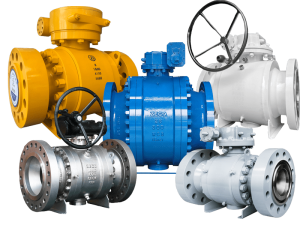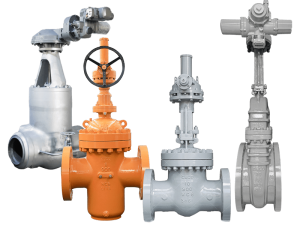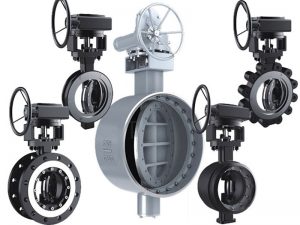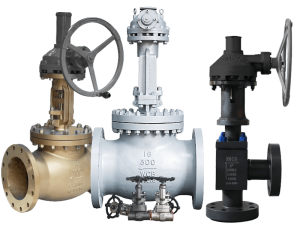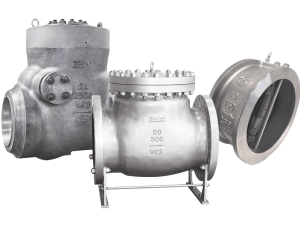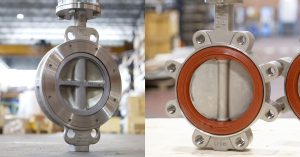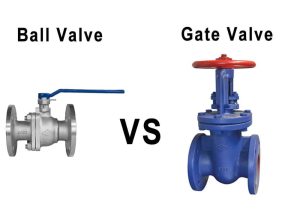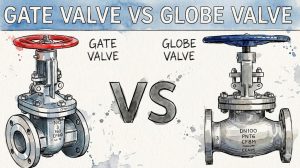What is a dynamic balancing valve?
Dynamic balancing valve is divided into two kinds: flow (flow dynamic control valve) and pressure difference (self-operated pressure difference control valve), which are selected according to actual demand. Dynamic balancing valve is used to solve the branch differential pressure balance problem caused by the frequent operation of temperature control valves at each end. The difference between static and static is that the static balance valve (also known as digital lock balance valve) needs to be locked after one-time debugging by a special intelligent instrument to control the total water volume of the system within a reasonable range, but every change needs to be re-locked by the instrument. The dynamic self-reliance is not so troublesome, depending on the pipe. The pressure change of the adjusted medium in the network can automatically keep a constant flow rate, which is a little cheaper in the static engineering cost.
Principle of dynamic balancing valve:
By changing the flow area of the spool of the balancing valve to adapt to the changes before and after the valve, so as to achieve the purpose of flow control.
Installation of dynamic balancing valve
Dynamic balancing valve can be installed on a water supply pipe or the return pipe. When the working pressure of the system fluid exceeds the allowable working pressure of the radiator, the dynamic balancing valve should be installed on the water supply pipe for safety.
What is a static balancing valve?
Static balancing valves, also known as balancing valves, manual balancing valves, digital lock balancing valves, double-position regulating valves, are used to solve the problem of branch pressure differential balance in pipeline design.
Principle of static balance valve
The working principle of the static balance valve is to change the flow resistance through the valve by changing the clearance (opening) between the valve core and the seat in order to achieve the purpose of regulating the flow. Its object of the action is the resistance of the system, which can distribute the new water according to the proportion calculated by the design. Each branch increases or decreases in proportion at the same time, and still satisfies the requirements. The flow demand of partial load under pre-climate needs plays a role of heat balance.
Installation of static balancing valve
Static balancing valve can be installed on a water supply pipe or the return pipe. Generally, it should be installed on the return pipe. Especially for high-temperature loop, in order to facilitate debugging, it should be installed on the return pipe. The supply (return) pipe with a balance valve does not need to install the stop valve.
Whether static balancing valve or dynamic balancing valve, they are impedance components, especially dynamic balancing valve, which requires the system to consider the additional head caused by the balancing valve when selecting and distributing pumps.

